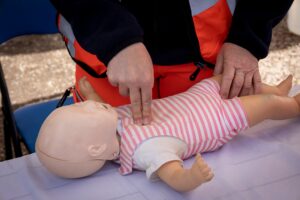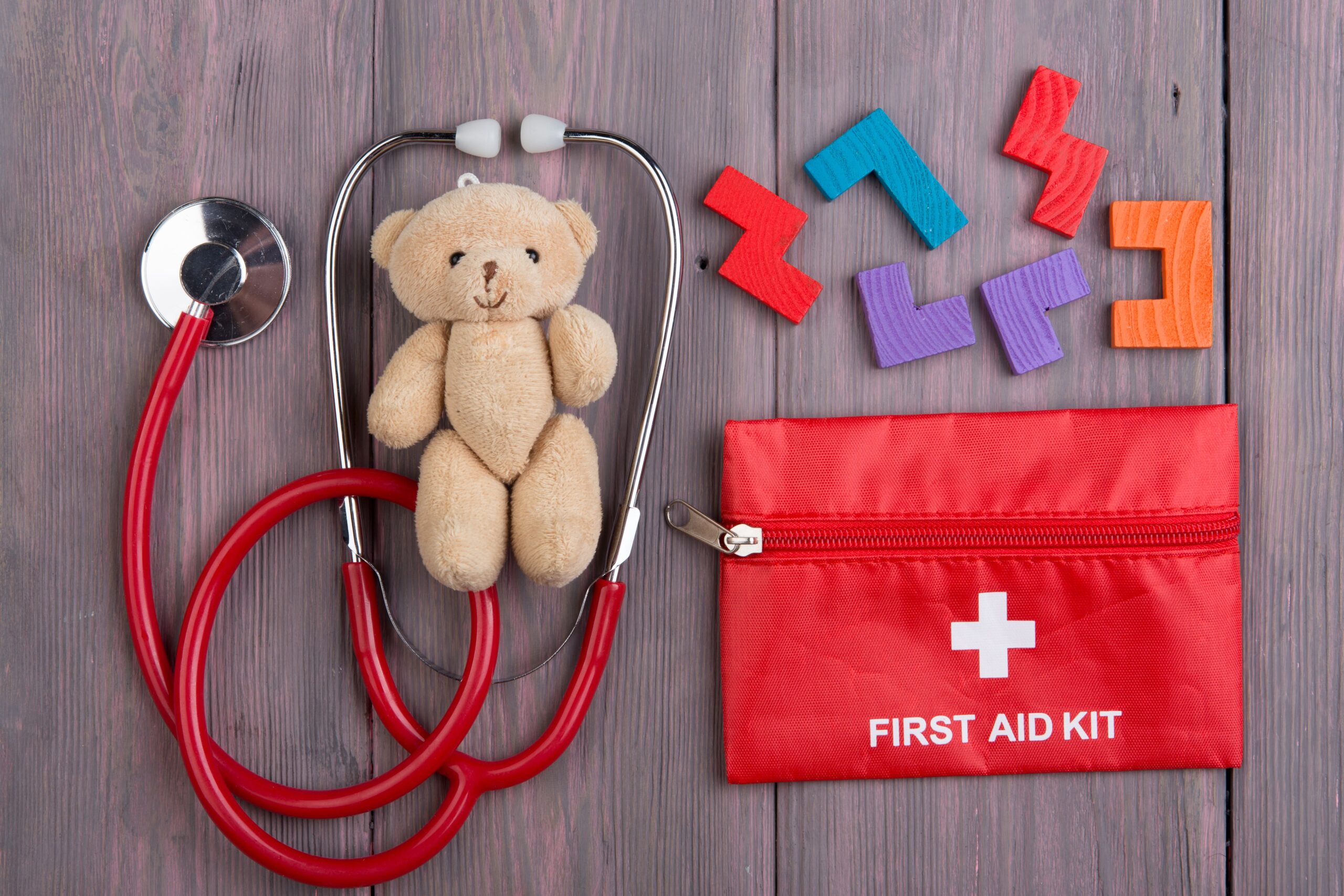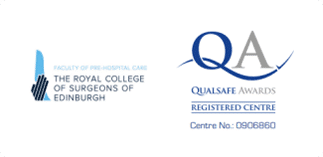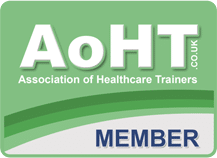First Aid Training for Ofsted Registration: What Every Essex Nursery & Childminder Needs to Know
Registering as a childminder, nursery, or preschool in Essex? Ofsted’s paediatric first aid training requirements can be confusing, but getting it right is essential for both legal compliance and child safety. This blog answers your key questions, gives you a step-by-step checklist, and shows how Essex Medical Training supports early years providers across the county.
Why Ofsted Paediatric First Aid Training Matters
Ofsted and the EYFS (Early Years Foundation Stage) Framework require that all childminders, and at least one person on site at a nursery or preschool, hold a full paediatric first aid certificate. This is non-negotiable for Ofsted registration and inspection.
Key Facts:
- Training must be a 12-hour, Level 3 RQF (Regulated Qualifications Framework) course—accepted by Ofsted and local authorities.
- Content must cover infant and child CPR, choking, anaphylaxis, head injuries, bleeding, burns, and more.
- Courses must include practical face-to-face assessment—not just online modules.
EYFS First Aid Training Requirement: What Does Ofsted Look For?
Ofsted-Approved Content:
Your certificate must show “Level 3 Paediatric First Aid” and name a recognised awarding body.
Delivered by Medical Professionals:
Inspectors increasingly check that training was provided by credible, experienced healthcare trainers—not just generic tutors.
Validity:
Certificates are valid for three years and must be renewed before expiry.
Immediate Availability:
At least one trained staff member must be present on site at all times children are in care.


Paediatric Training for Nurseries & First Aid for Childminders: Essex Best Practice
Essex County Council and most local authorities recommend you:
- Book in-person, Ofqual-approved training with a provider specialising in early years and medical compliance.
- Maintain a staff training matrix and refresher schedule.
- Display certificates in your reception or staff area.
- Keep a compliance folder ready for inspection—include your first aid policy, course attendance, and renewal reminders.
Why Choose Essex Medical Training?
- All courses delivered by NHS clinicians, paramedics, or paediatric A&E staff with real-world experience
- Flexible training: group bookings at your Essex nursery, preschool, or at our Wickford centre
- Certification accepted by Ofsted, EYFS, and all major Essex local authorities
- Ongoing advice: we’re here to help you answer Ofsted queries or prep for inspection
Step-by-Step: First Aid Training to Register with Ofsted
- Book a Level 3 RQF Paediatric First Aid course with an Ofqual-regulated provider.
- Ensure your whole staff team knows who holds a valid certificate and when it expires.
- Store your certificates, policy, and trainer details for your Ofsted file.
- Schedule renewals every three years—don’t risk a gap!
- Prepare for your inspection: have all documents to hand and be ready to explain your first aid provision.
FAQ: Ofsted & EYFS Paediatric First Aid
Can I do my paediatric first aid course online only?
No, Ofsted requires an in-person practical assessment as part of your certification.
How many staff need paediatric first aid training?
For childminders: all. For nurseries/preschools, at least one qualified person must always be present.
Does Essex Medical Training issue Ofsted-accepted certificates?
Yes—our certificates state “Level 3 RQF Paediatric First Aid” and are accepted by Ofsted, EYFS, and all local Essex authorities.
How do I keep up with changing requirements?
We provide ongoing updates and reminders to all clients. Sign up for our newsletter or follow us on Facebook and Instagram for news.
Ready to Book?
Call 0330 332 5616, email admin@essexmedicaltraining.co.uk






